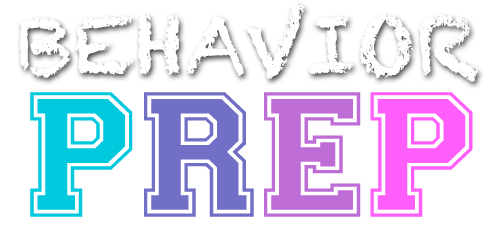E8 Identify and apply interpersonal and other skills (e.g., accepting feedback, listening actively, seeking input, collaborating) to establish and maintain professional relationships.
Identifying and applying interpersonal and professional skills involves using effective communication, active listening, openness to feedback, and collaboration to build and maintain strong working relationships with colleagues, clients, and stakeholders. These skills are essential for fostering trust, collaboration, and professionalism in behavior-analytic practice.
Example: A BCBA receives constructive feedback from a teacher during a meeting about a student’s behavior intervention plan. Instead of becoming defensive, the BCBA listens actively, acknowledges the teacher’s perspective, and seeks further input on how the intervention can be adjusted to better fit the classroom environment. The BCBA collaborates with the teacher to revise the plan, ensuring it meets both the teacher’s needs and the student’s goals. This collaborative, open approach helps maintain a positive professional relationship.
